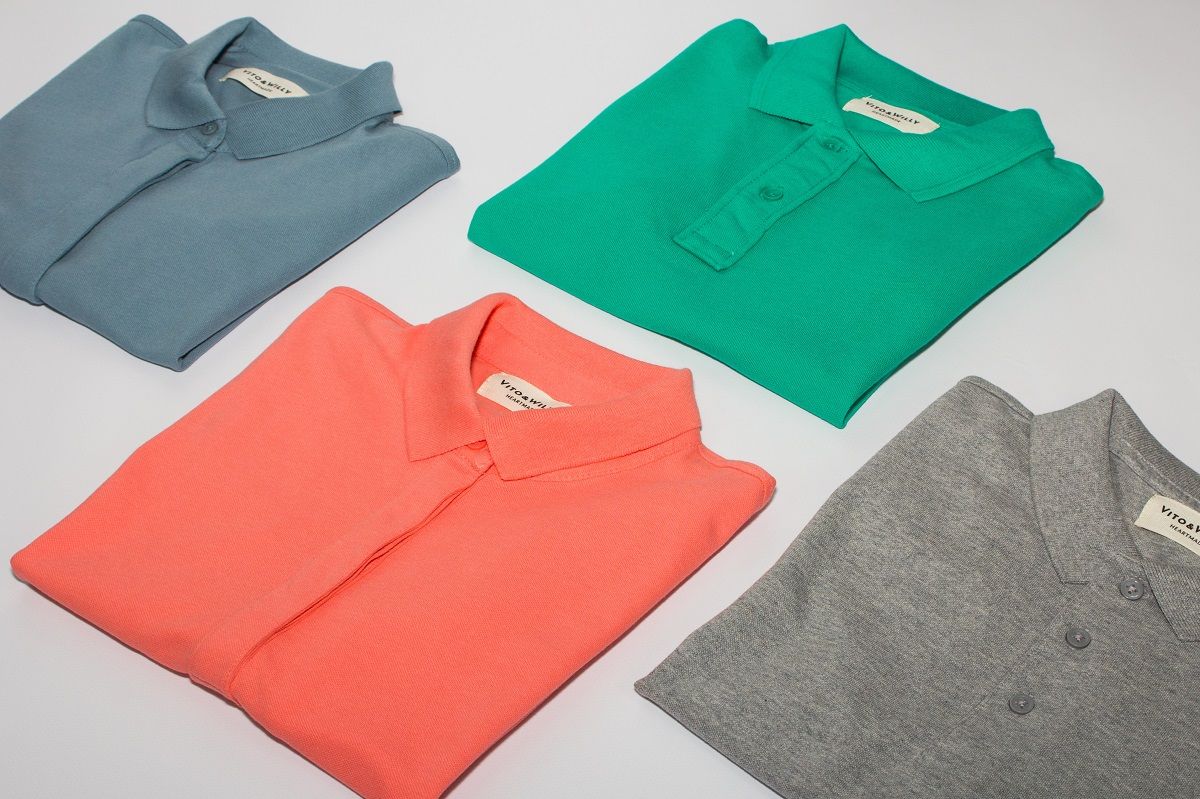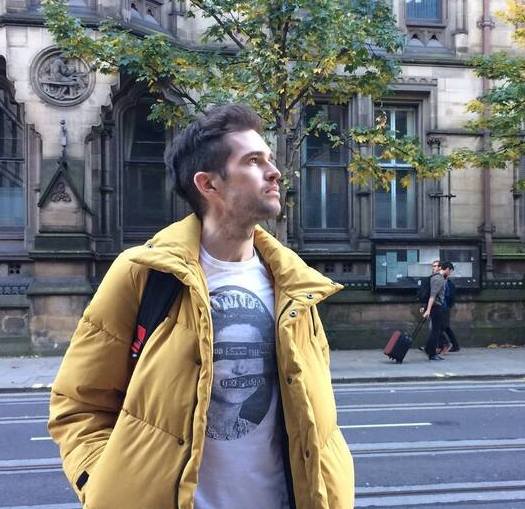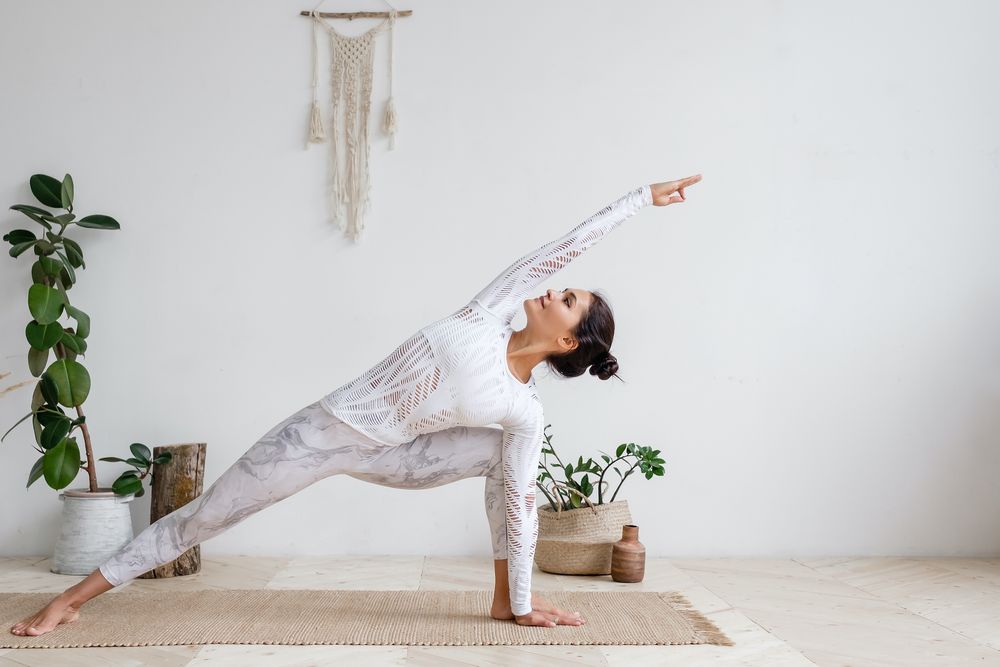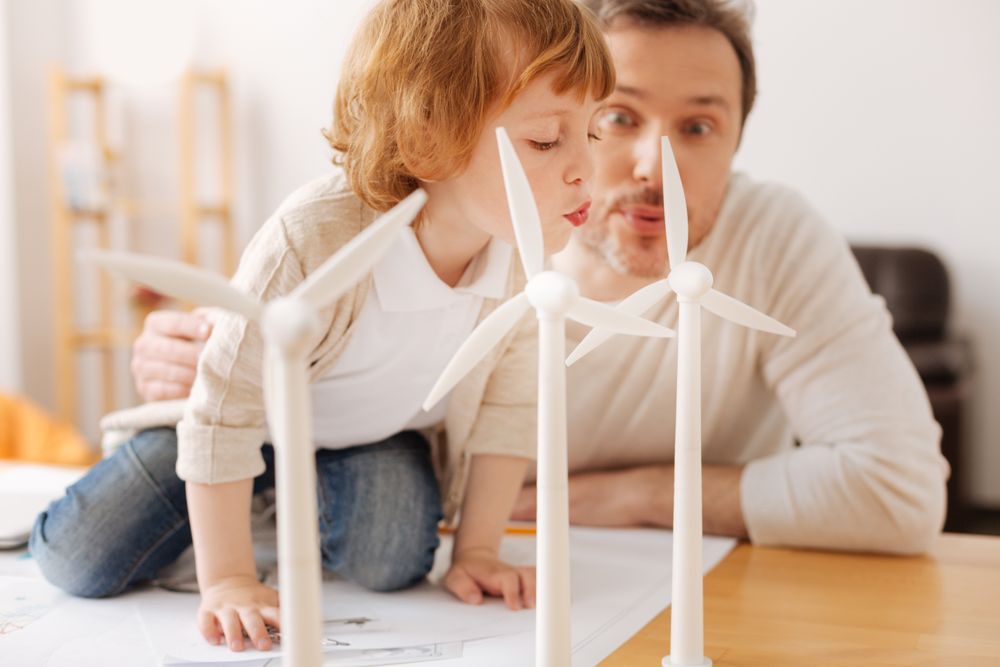Looking to be a more environmentally aware and socially conscious consumer? Great!
As you know, fashion can be both ethical and amazingly chic. You can look good and feel good knowing that your clothes are amazing, and that the planet wasn’t harmed in their production.
If you’re a bit of a newbie to all this, though, you might be wondering how to make absolutely sure that the clothes you’re buying and wearing are ethically and sustainably made.
No problem — this article is here to sort you out. Let’s take a look!
First things first: ask yourself this question
Before you do anything else, it’s a good idea to always ask yourself the following question before you buy any item of clothing:
“Will I actually wear this often?”
If the answer is “probably not” (and you know in your heart that you’ll probably only wear it once), it means that, however sustainable the brand is, it hardly matters because you’re not being sustainable.
Check Their “About Us” Page
If you shop online, you can learn more about a brand by taking a look at their “About Me” page (sometimes known as “Our Story”).
Here, any brand that sources their clothes ethically and sustainably will definitely let you know all about their values. They will tell you how they source their clothes, how they make them, what fabrics they use, as well as any charitable donations they make.
If they don’t source their clothes ethically and sustainably, there won’t be a single mention of this sort of stuff. 😔
Check their social media
Didn’t get the answers you wanted from a brand’s “About Us” page? All is not lost just yet. You could take a look at their social media pages to see what they’re talking about.
If certain social and environmental issues are close to the brand’s heart, they will openly discuss them on social media. If a brand is discussing and sharing social and environmental issues that are close to your heart, too, it’s a surefire sign that the clothes they sell are ethical and sustainable.
Just ask!
If you’re still unsure about a brand after reading their “About Us” page and checking them out on social media, there’s still one more thing you can do: you can ask them directly.
The best way to do this by shooting them an email, but you can ping them a message on social media, too. If a brand is truly ethical and cares about the planet and their customers, they will surely reply!
If, on the other hand, your question is completely ignored, it’s probably a sign that the brand wasn’t sustainable or ethical after all.
What question should you ask? Well, there are a few actually:
- Who makes your clothes?
- Are they earning a living wage?
- Do you donate a percentage of your profits to sustainable causes?
- What country produces my clothes?
- Have you made sure that the factories are regulated and safe?
Naturally, you don’t want to come across as condescending, which is why I recommend that you compose your email with a friendly, conversational (but serious) voice.
Check the label
Naturally, if you’re out and about doing some clothes shopping, you won’t necessarily be able to check a brands “About Us” page, or their social media. This is especially true if you’re in a thrift store and don’t even know who the brand is behind a particularly hip sweater you’ve got your eye on.
However, you can always check the label to make sure the clothes you want to buy are ethical and sustainable. What you’re looking for are certifications, such as Fair Trade, World Fair Trade Organization, and Fear Wear Foundation. If you can spot any of these on the label, the item of clothing checks out.
Another clear sign that a piece of clothing is ethical is the word “Organic.” Organic cotton is good for the environment, as well as farmers. Look out for it.
That said, even if a piece of clothing doesn’t have such certification, it isn’t necessarily game over. You can take a closer peek at the label (or the price tag) to see if the brand has added a few words about sustainability. Usually, if a brand is sustainable, they will let you know on the label. They’ll tell you what kind of sustainable material was used, as well as where it was produced.
Another little thing to look out for on the label is the country of origin. It might seem like a small thing to some, but the further away the country of origin is, the bigger the carbon footprint that was involved during the shipping process.
Buy second-hand
An item of clothing isn’t automatically ethical just because it’s second-hand. But by shopping second-hand you can definitely be sure that you’re being sustainable.
Charity Oxfam have been pushing second-hand clothing as the answer to sustainable fashion for a while now. This is because second-hand clothing doesn’t require the extra water, fertilizers, pesticides, and emissions that goes into the production of new clothing.
And if you’re not sure whether or not a second-hand item is ethical? Just implement some of the tips above.
Upcycle your clothes
I’ll admit it — the first time I upcycled a piece of clothing, it didn’t even look like a piece of clothing anymore. But there’s so much you can do with an old piece of clothing you’re not keen on anymore or which doesn’t fit you. This is called upcycling — it’s when you take something old and, instead of dumping it or donating it, you convert it into something new and sassy. It’s a sustainable practice because you’re getting more out of a piece of clothing (or two or three) without purchasing something new.
Not sure how to get started? Here’s a fab article all about upcycling your clothes.
Over to you
Hopefully you’re in a better position now to shop for clothes more consciously. The next step is to find brands that are ethical, sustainable — and very much “you.”
Good luck!
P.S. Don’t forget to let us know how you get on in the comments!
If you liked this article, make sure to check our guide to quitting fast fashion and guide to thrifting.
Join the budding community of conscious consumers right now and help save the planet! Sign up for NatureHub Desktop App here.
Also, it's available for Apple iOS and Android.






